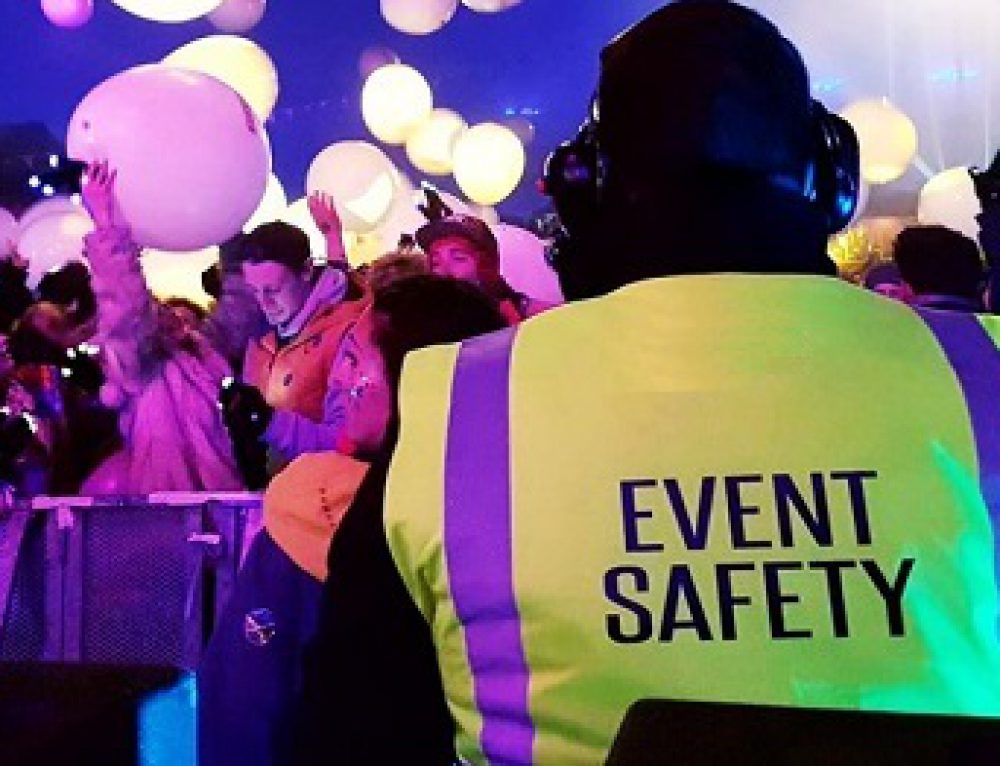COVID-19 and the Significance of Risk Planning
In light of the recent spread of Coronavirus, it is important to stay up to date with the developments of the virus and follow the advice and guidelines as provided by public health authorities, who have already shared some helpful resources, listed below.
Public Health Agency of Canada
Public Health Agency of Canada – risk assessment guidelines for mass gatherings
Resources from the Event Industry Council
This outbreak is a reminder about the importance of risk management. Thinking ahead and preparing a risk plan will help minimize the impact on your event and goals as well as keep your team on track, feeling confident during challenging situations. So how do you manage this type of risk and where do you begin?
Identify the Risks
Be sure to do your research and understand what risks can affect your event. Conducting a risk assessment will help you identify all factors that need to be addressed. In the case of COVID-19, the Public Health Agency of Canada has developed some helpful guidelines for conducting a risk assessment.
Other risks you might need to identify include weather conditions for outdoor events, alcohol service, physical activities etc.
Measure the Probability
Once all risks have been identified, you can asses the chances of certain scenarios occurring. Weighting risks by probability will help determine the risks that require immediate attention and priority. Furthermore, this level of consciousness will encourage your team to review all possible scenarios and previous behaviours and patterns, particularly for annual events.
Measure the Impact
Having identified the risks and probability for each, consider the impact each of these scenarios will have on your event, staff, volunteers, attendees, partners etc. Measure this impact by a simple 1-10 scale. This exercise will help evaluate the scope of risks that your event is facing and contingency plans can be implemented accordingly.
Create a contingency plan
Having measured the severity of the risks, develop a plan of action for each scenario. Consider all the factors and be sure to review all the facts carefully before confirming the best approach. If you are considering switching to a virtual event as a result of the Coronavirus, check out The Rise of Virtual Events and get in touch to explore the best possible options of hosting an online event.
Mitigate the Risk
Now that all risks have been identified, try to implement processes and actions that will help mitigate these risks. In some cases, you may decide to accept the risk if the impact overall is low. Having gone through the whole process, will allow you to take the necessary precautions and adapt as necessary, in a timely manner.
Was this post helpful? Let us know, we love hearing from you!






